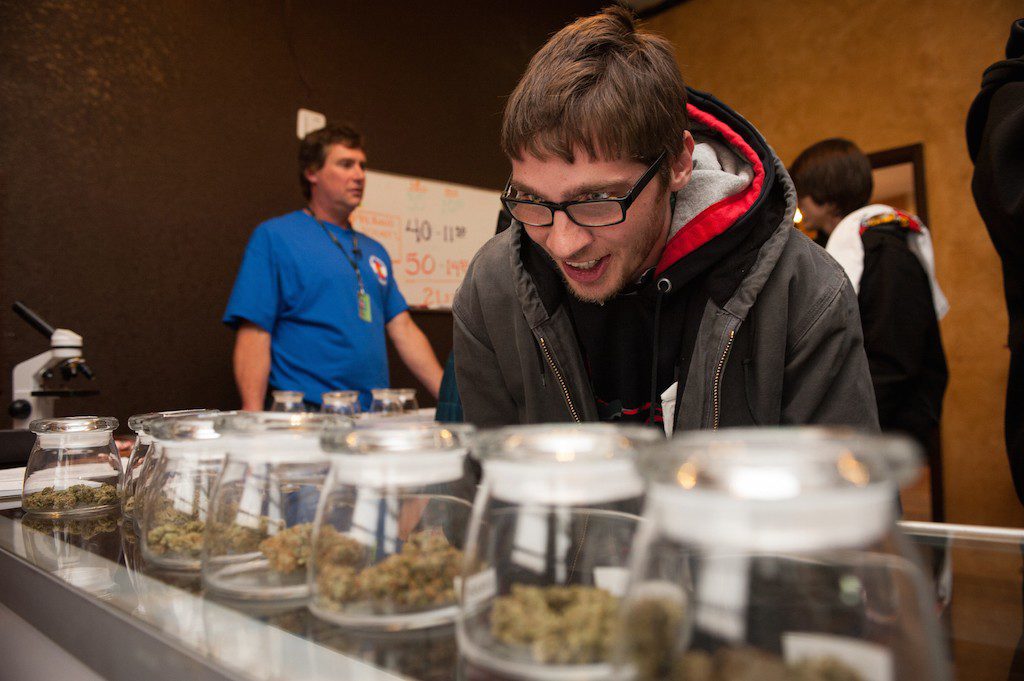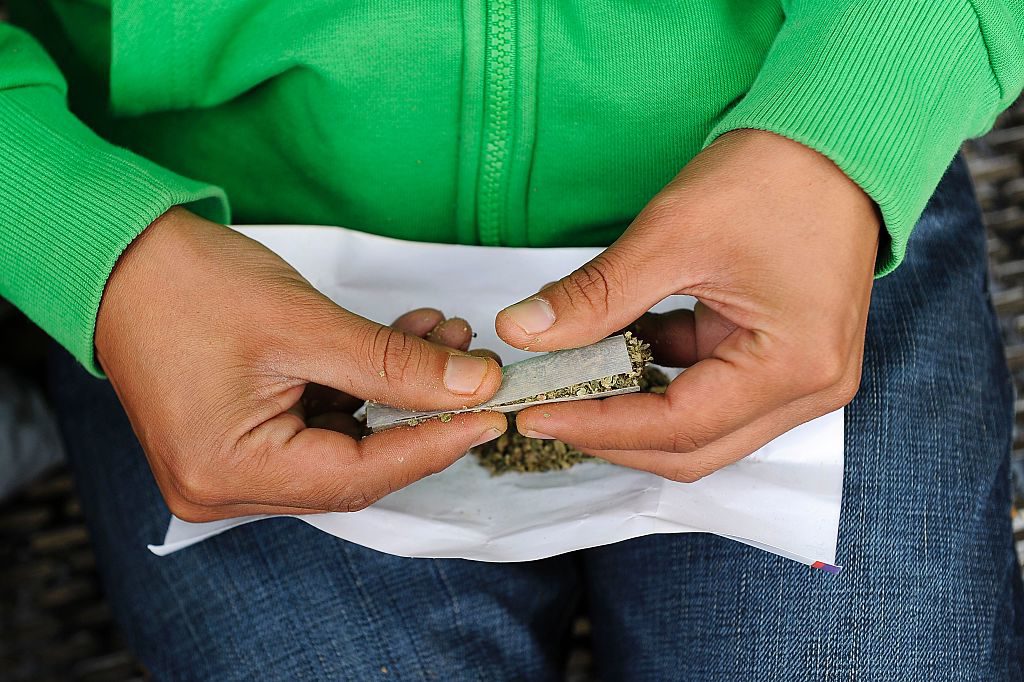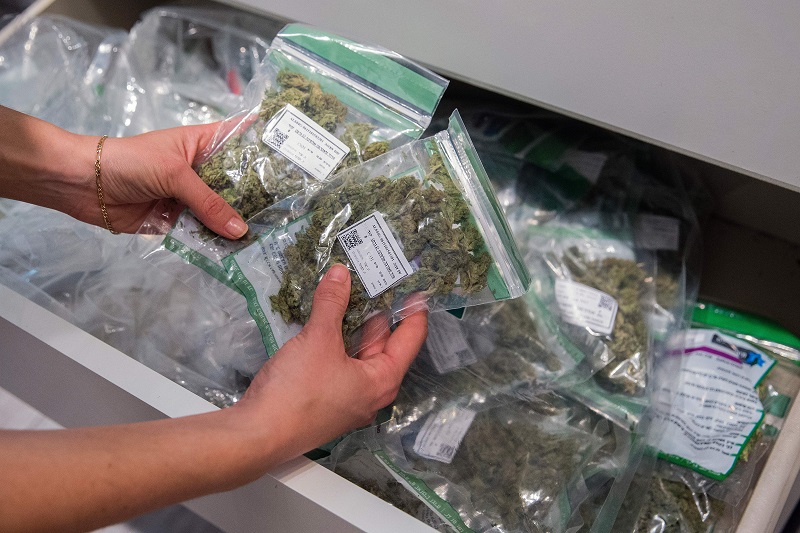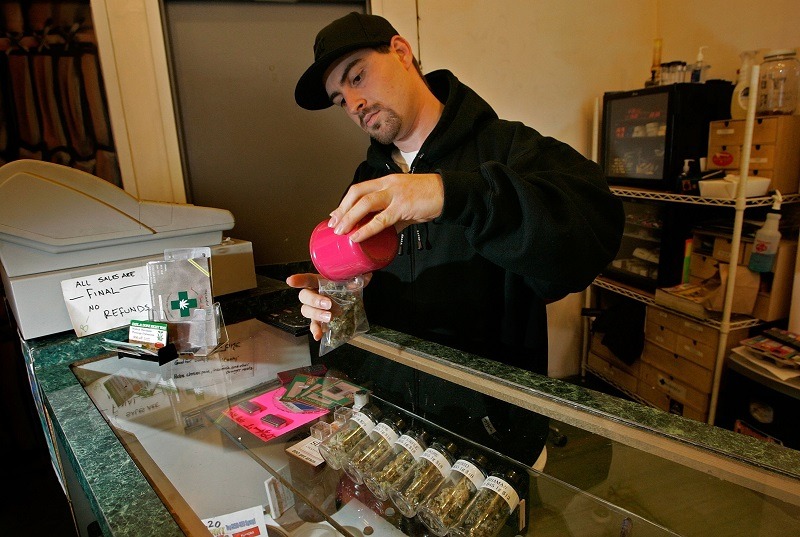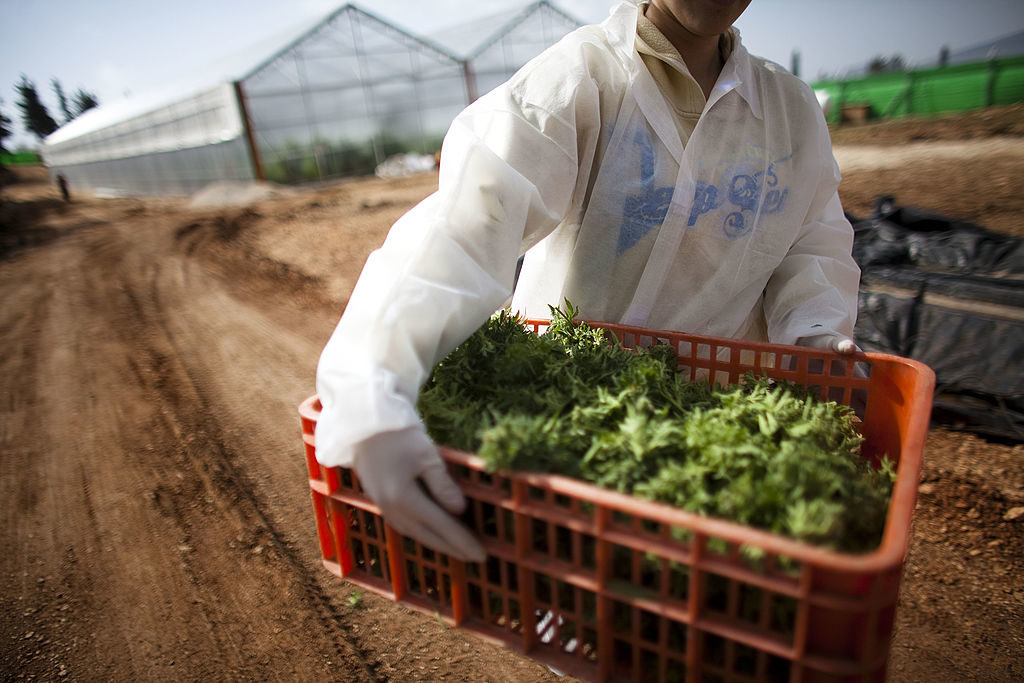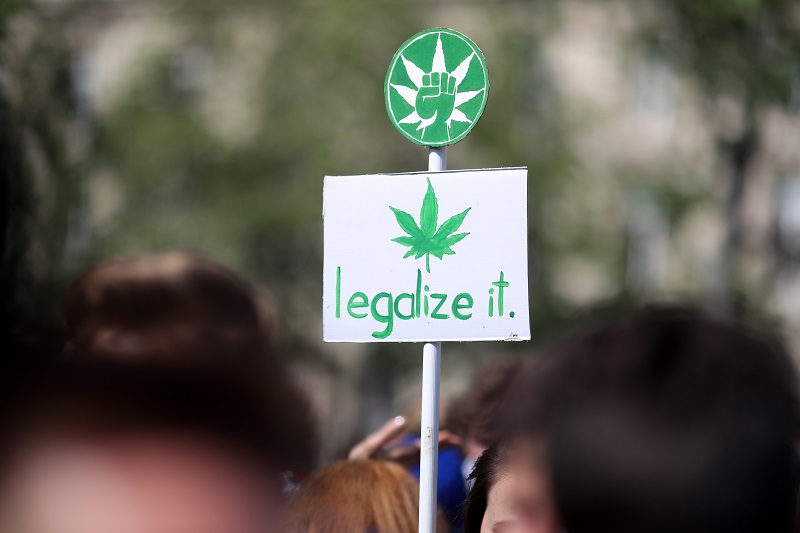At one time, marijuana legalization in the United States was unthinkable. But things change fast — and when it comes to cannabis, they change very fast. Today, a majority of Americans support legalization or decriminalization. There are numerous states that have gone on to grant full-on legal status to cannabis (though those local laws still conflict with federal ones), and a majority of the states grant access to medical marijuana.
How quickly the times change.
And it all started five years ago as of November. Back in 2012, when President Obama was fighting for reelection against then-Republican nominee Mitt Romney, two states boldly put initiatives on the ballot that would legalize marijuana for recreational use and consumption. Voters in those states, Washington and Colorado, would go on to pass those initiatives, allowing — for the first time — adults over the age of 21 to produce, sell, and consume marijuana legally.
Legalization changes everything
At the time, nobody really knew how legalization was going to pan out. These experimental laws, as many saw them, could usher in a new era of depravity. Making a “dangerous” substance more readily available surely would corrupt the youth, hurt public health, and lead to an uptick in crime, detractors thought. Those in the pro-legalization camp saw things much differently. Both Colorado and Washington already had functional, gray-market medical cannabis industries — how would this be much different?
For one thing, taxation would enter the conversation. And there’s also the prospect of the Department of Justice coming in and putting a stop to the whole thing, given that these new legal markets would be operating in direct violation of federal law. But here we are five years later, and the doomsday scenarios haven’t come to fruition. In fact, legalization has spread to other states, and legislators in even more are looking to give it the green light in others.
The question remains, though: Now that we’re five years out, how has legalization in those first two states worked out? We’ll get into it, in terms of jobs, crime, tax revenue, and more.
Marijuana legalization: 5 years later
- In November 2012, Washington passed I-502 and Colorado passed Amendment 64 legalizing cannabis for recreational use.
We’ll jump back to the beginning for a minute. In November 2012, Washington and Colorado pulled the trigger on legalization. Since then, they’ve been joined by Oregon, Alaska, California, Nevada, Massachusetts, and Maine. What you can surmise from that list is that the experiment was a success — so much so that other states quickly followed suit. Even more are lining up to push for legalization in 2018 and beyond. But the federal government still isn’t budging. Looking at the numbers, though, it’s hard to deny that legalization has been a success in both Washington and Colorado.
Next: What has happened as a result? We’ll start with a look at one of the biggest concerns: Crime.
What’s happened: Crime
- Crime has dropped in both Washington and Colorado over the past five years.
One of the biggest concerns about legalization? That crime would increase as a result. This hasn’t come to pass. There are are a number of potential explanations for it, but the key takeaway is that crime hasn’t increased as a result of legalization. Pot stores aren’t hot spots for crime (though some have been robbed). People aren’t using cannabis and committing violent crimes. Underage use has actually declined in the wake of legalization, too. And that goes for both Washington and Colorado.
Next: Aside from crime, what other public safety issues have bubbled up as a result of legalization?
Public safety
- According to the King County Sheriff’s Department in Washington, legalization “takes a huge burden off the criminal justice system.”
Crime is a part of the whole public safety mosaic, but it’s not the only element. You have to take things like public health concerns and law enforcement into account, too. But just like with crime, things seem to be going smoothly on both of those fronts. Police and law enforcement officials have largely praised legalization as it’s freed up resources and saved them money. In terms of public health? We’re still gathering data, but so far, there hasn’t been much of a negative impact on public health due to legalization.
Next: How about the economy?
Jobs and the economy
- In Colorado and Washington alone there are nearly 50,000 jobs in the legal cannabis market.
Next: What about the negatives?
The bad?
- Unless you think less opioid abuse is a bad thing, there hasn’t been much to gripe about.
As for the drawbacks to legalization, there are a few. But it’s hard to make the argument that the bad outweighs the good. As for those negatives, one is that taxation can make marijuana more expensive, pushing some to the black market. There have also been issues with taxes on medical marijuana. Another concern is that people are using cannabis and driving, and that trafficking has increased from legal states to surrounding states.
So, yes, there have been some bumps. But again, it’s hard to look at the big picture and still think that legalization was a bad idea.
And these drawbacks have done little to stop the “green wave” that is cascading over America.
The green wave
- Since 2012, seven more states have passed legalization measures — including the entire West Coast.
The “green wave”, of course, is the push for legalization in more states. We’re also seeing large-scale changes in sentiment and attitudes toward cannabis. Whereas a couple of decades ago, legalization was opposed by a majority of Americans, every new poll seems to show a record high in terms of the percentage who support it. Just recently, a majority of Republicans — folks who typically have remained steadfastly against legalization — have jumped on board. What does it all mean? Big things may be in store, and soon.
Finally: What’s next for the legalization movement?
What’s next?
- In 2018, voters in more states could opt for full-blown legalization.
So, what’s next? It’s hard to say for sure, but we can expect more and more states to try and push for legalization as the federal government sits on its hands. With the current administration, it’s hard to think that Attorney General Jeff Sessions will move away from his antiquated (and often flat-out ignorant) views on cannabis. But the next slate of states is lining up for 2018, and that includes Michigan, Arizona, Missouri, and even Oklahoma.
credit:420intel.com


